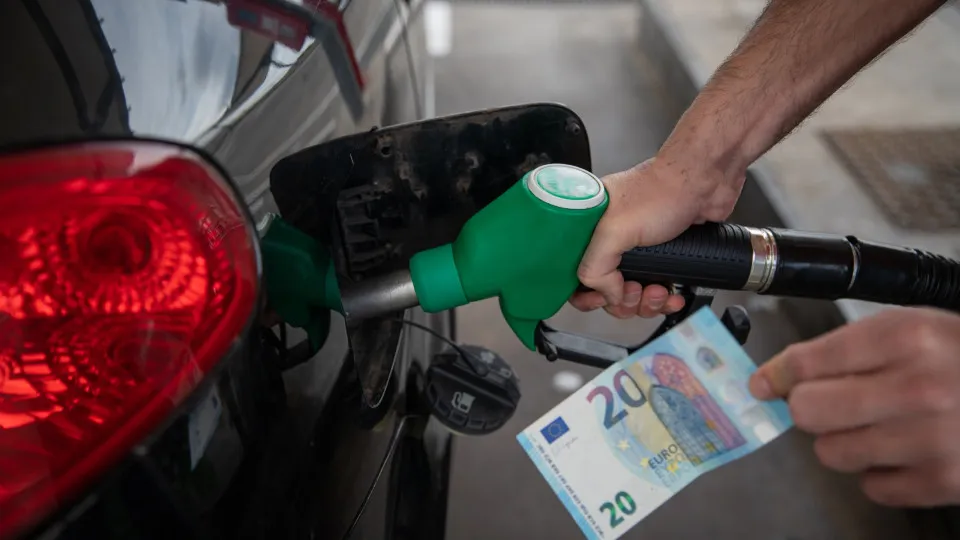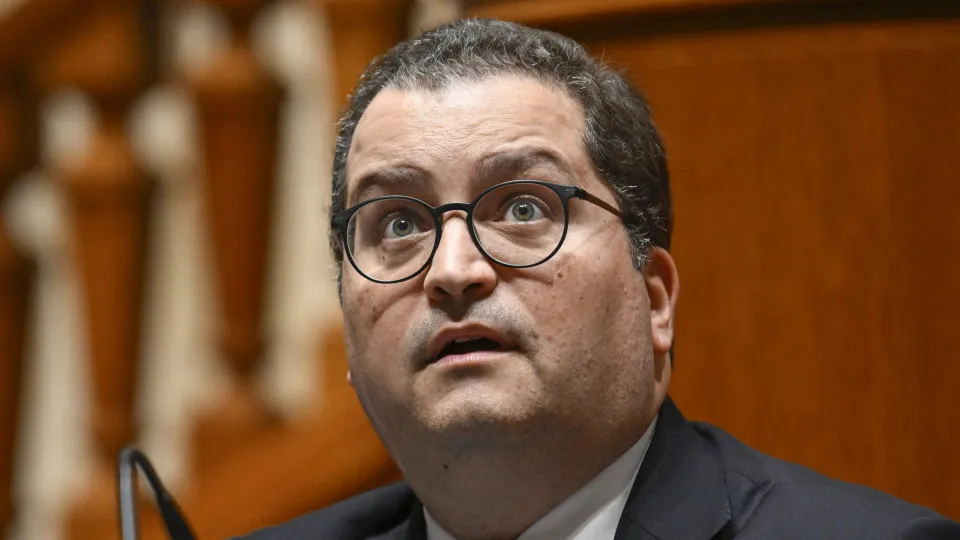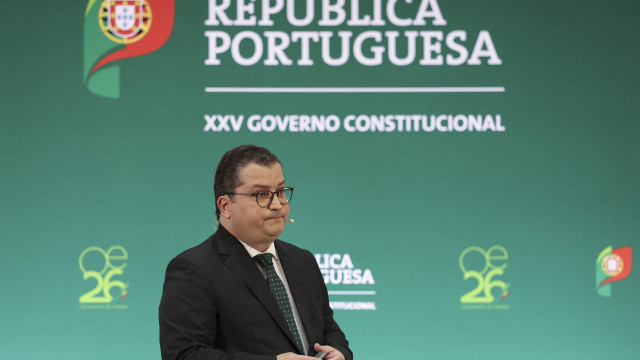
Fuel prices are set to show a mixed trend at the beginning of next week, as predicted by the Automóvel Club de Portugal (ACP) this Friday.
The price of diesel is anticipated to rise by three cents, while gasoline is expected to decrease by one cent.
Currently, simple diesel is priced at 1.609 euros per liter, and simple gasoline 95 costs 1.734 euros per liter, based on the latest average prices updated by the Direção-Geral de Energia e Geologia (DGEG) on the Preços dos Combustíveis Online website.
Oil prices on international markets have shown a decrease. A barrel of Brent to be delivered in January ended Thursday on the London futures market at a 0.20% drop, priced at 63.38 dollars.
The North Sea crude, a European reference, closed the session on the Intercontinental Exchange 13 cents below Wednesday’s closing price of 63.51 dollars.
This fluctuation in pricing occurs as Ukraine faces pressure from the United States to concede peace with Russia, which involves territorial concessions and a reduction in armed forces.
Ukrainian President Volodymyr Zelensky received the new plan devised by the Kremlin and the White House, excluding Ukraine from the discussions.
Zelensky announced his intention to meet with Trump in the coming days to discuss the matter.
Meanwhile, the market is closely monitoring the implementation of US sanctions against major Russian oil companies, Rosneft and Lukoil, which are set to commence this Friday. These sanctions could potentially impact global supply.
As for the discount on the Tax on Petroleum and Energy Products (ISP), Finance Minister Joaquim Miranda Sarmento stated that the European Commission “has not imposed any date” for the cessation of the ISP discount, which will be phased out gradually to prevent price increases.
No date or schedule has been imposed by the Commission, but it has emphasized that Portugal, along with about 10 other countries, must reverse these fuel tax discounts, according to Joaquim Miranda Sarmento.
Speaking to Portuguese journalists in Brussels after the EU finance ministers’ meeting, the minister noted that “the end of the ISP discount, the reversal of the ISP discount, will be as gradual as possible.”
“Thus, we cannot anticipate either the gradualism or its end,” Joaquim Miranda Sarmento stated.
Following criticism from Brussels, the government will begin gradually withdrawing the ISP benefit instituted in 2023. This initiative comes in response to European Commission recommendations, highlighting the need to scale back these exceptional measures, which aimed to mitigate the impact of fuel price increases.
These discounts on ISP for gasoline and diesel purchases were enacted in 2022 and 2023 in response to the energy crisis linked to the war in Ukraine and soaring inflation.
The government’s State Budget proposal for 2026 (OE2026) does not include any forecasts for eliminating these discounts, and it has already signaled that the process should be gradual.
The Finance Ministry assured they are working on a solution that would not raise fuel prices, highlighting that they plan to reduce the benefit when prices fall.
The removal of the ISP discount and carbon tax adjustment is projected to generate additional revenue of 1.132 billion euros for the state treasury, as estimated by the Conselho das Finanças Públicas.




